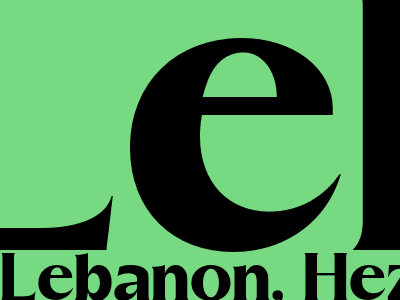
Hezbollah vows response to Israeli strikes, raising tensions
Renewed hostilities could potentially escalate into a wider conflict
The recent airstrikes have heightened concerns about a further flare-up of violence in the region
Lebanon's Iran-backed Hezbollah group has pledged to retaliate to Israeli airstrikes on its positions in southern Lebanon, raising fears of a wider escalation of hostilities.
On Sunday, Israel carried out a series of airstrikes on Hezbollah targets in response to a rocket attack on northern Israel.
Hezbollah, a powerful paramilitary and political organization, condemned the Israeli strikes and vowed to respond accordingly.
The situation has heightened concerns about a further escalation of violence in the region, which has been plagued by tensions between Israel and Hezbollah for decades.
Hezbollah's leader, Hassan Nasrallah, warned that the group would not tolerate Israeli aggression and would
respond with force.
Background of the conflict
The conflict between Israel and Hezbollah has its roots in the 1980s, when Israel occupied southern Lebanon.
Hezbollah was formed in 1982 in response to the Israeli occupation.
Israel withdrew from southern Lebanon in 2000, but tensions have remained high.
In 2006, Israel and Hezbollah fought a 34-day war that ended in a stalemate.
Since then, there have been periodic clashes between the two sides.
Concerns about further escalation
The recent airstrikes have raised concerns about a wider escalation of violence in the region.
Hezbollah is a powerful military force, and any retaliation could lead to a major conflict.
The situation is particularly concerning given the ongoing tensions between Israel and Iran, Hezbollah's main backer.
International efforts are underway to prevent a further escalation of violence.
The United Nations has called for both sides to exercise restraint.
The United States has also urged both sides to avoid actions that could lead to further violence.